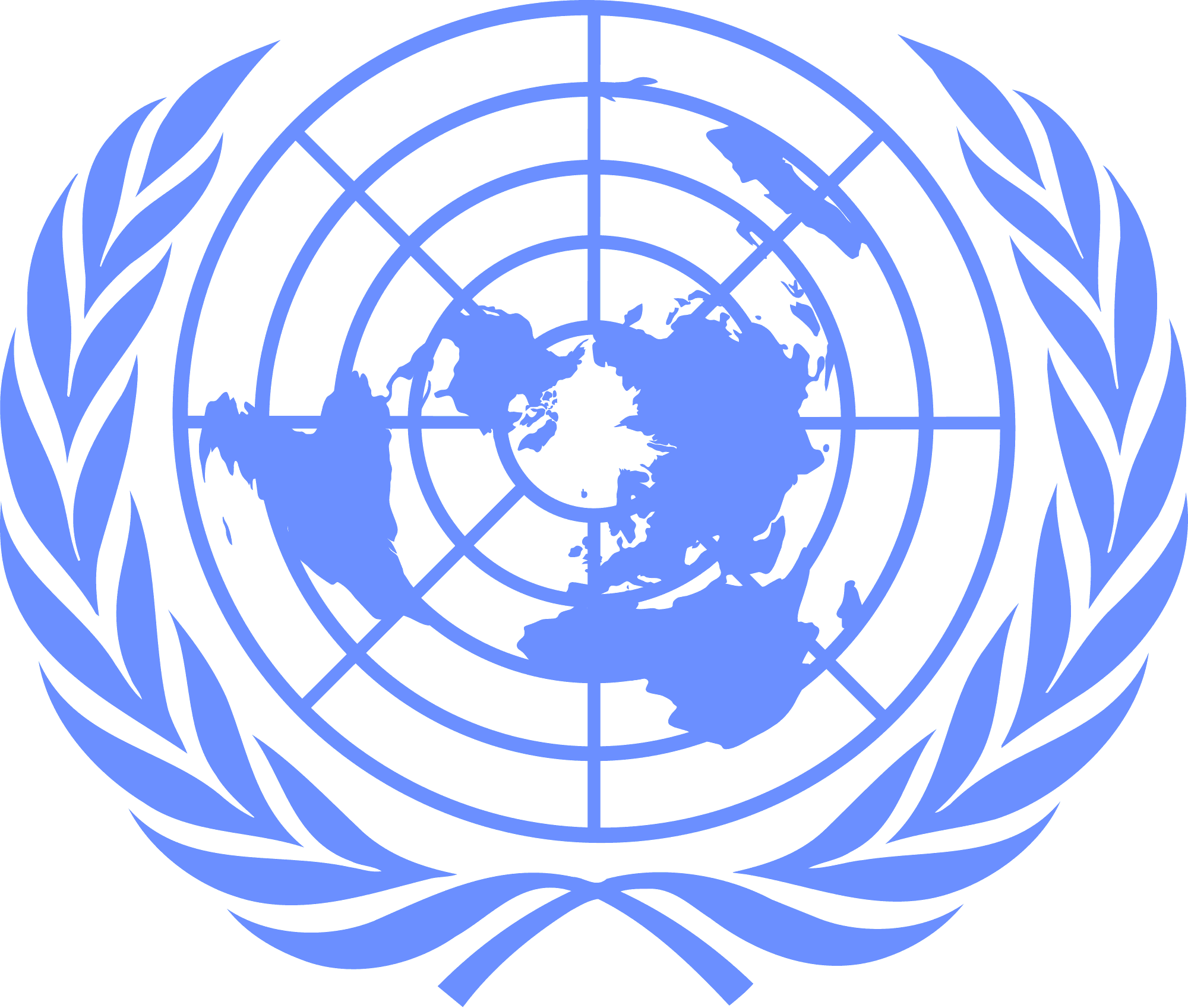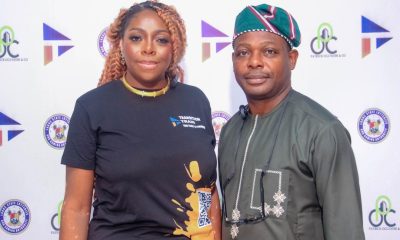The attainment of gender-related sustainable development goals in Africa risks becoming a mirage as the continent grapples with aftershocks linked to the Coronavirus pandemic (COVID-19), according to a new United Nations (UN) report.
The pandemic has worsened marginalisation of women and girls in the continent, said the report, “Impact of COVID-19 on gender equality and women empowerment in east and southern Africa,” which was launched in Nairobi on Wednesday.
“Even though there are differential socio-economic impacts on women and men during the pandemic … it has exacerbated existing inequalities between men and women in different socio-economic groups,” said UN Women East and Southern Africa Officer in Charge Roberta Clarke.
The report, which was commissioned by UN Women and the UN Population Fund (UNFPA), analysed data from 28 African countries between September to December 2020 to gauge the negative impact of the pandemic on women and girls.
Gender-based violence, coupled with harmful practices like female genital cuts and forced marriages, escalated at the peak of the pandemic amid lockdowns and school closures, the report said.
More than 60 percent of women in Ethiopia, Kenya, Malawi, Mozambique, and South Africa experienced a complete loss or decline in personal income amid economic shocks linked to the pandemic, it said.
Women and girls experienced high poverty levels, food insecurity, malnutrition, and declining health outcomes as governments restricted movement to curb the spread of the coronavirus, the report said.
According to the UN report, the pandemic disrupted antenatal care for pregnant women while the provision of HIV prevention services and contraceptives almost ground to a halt.
In Kenya, nearly 60 percent of women could not access healthcare services for their children while in South Africa and Mozambique, less than 20 per cent of women had access to reproductive health services including family planning commodities due to the pandemic, it said.
“The pandemic has a strong gender dimension, with women at the frontline as healthcare responders, at the same time experiencing the knock-on impact on a number of fronts, including their sexual and reproductive health,” said Julitta Onabanjo, UNFPA regional director for east and southern Africa.
She said that Africa’s ability to realize a sustainable and inclusive recovery from COVID-19 hinges on the active involvement of women and girls.


 Business3 days ago
Business3 days ago
 Politics3 days ago
Politics3 days ago
 Latest1 week ago
Latest1 week ago
 Featured3 days ago
Featured3 days ago
 Business3 days ago
Business3 days ago
 Business7 days ago
Business7 days ago
 Latest2 days ago
Latest2 days ago
 Business4 days ago
Business4 days ago



